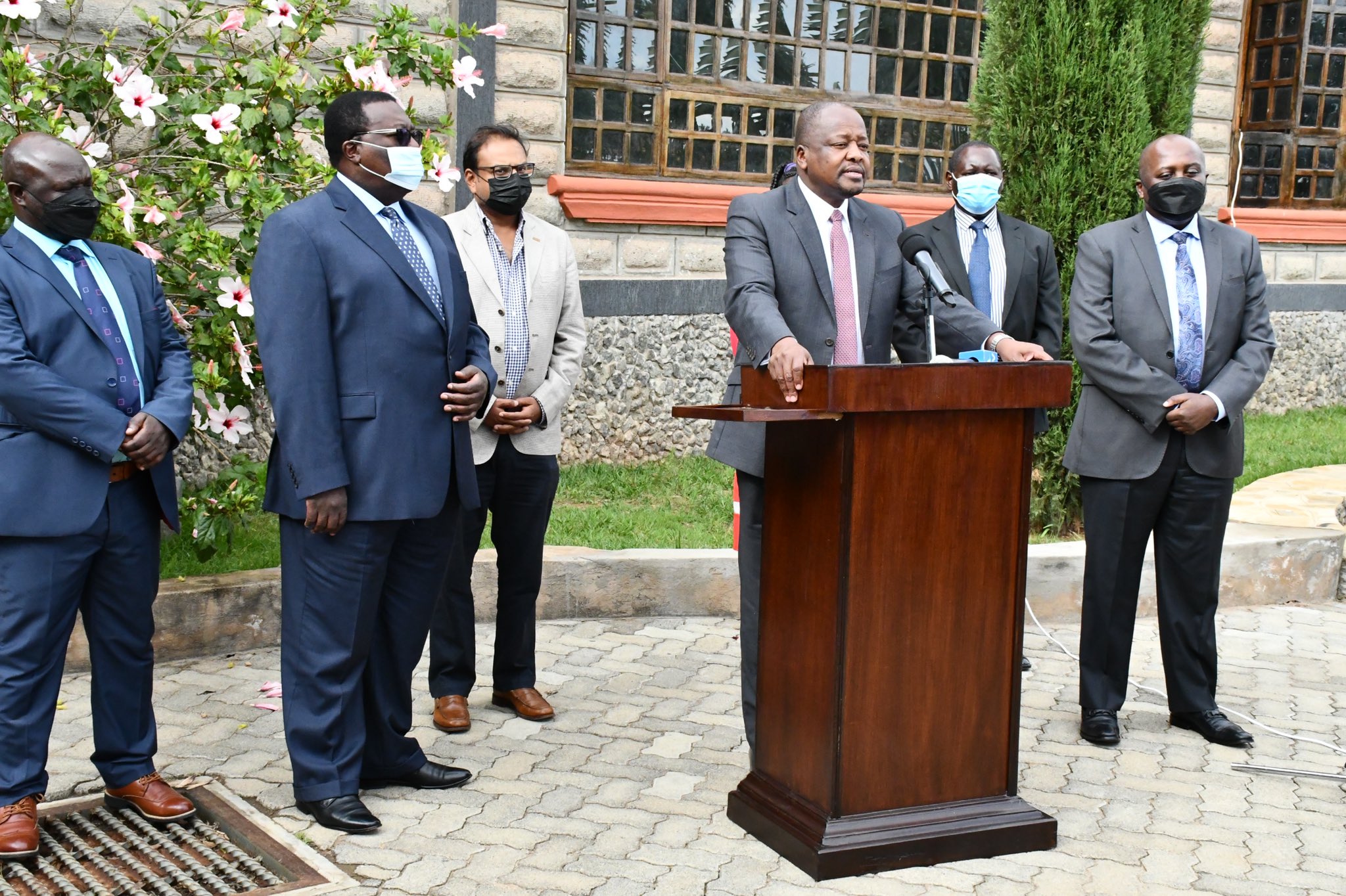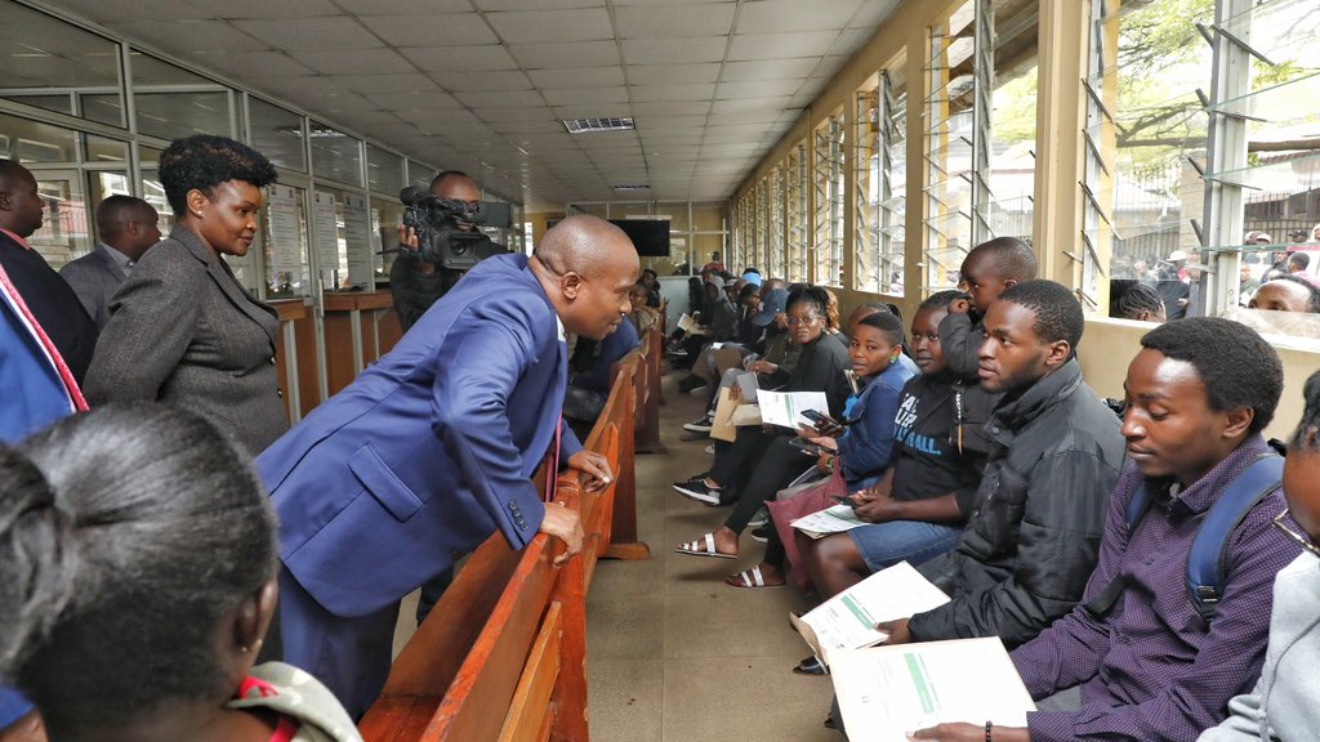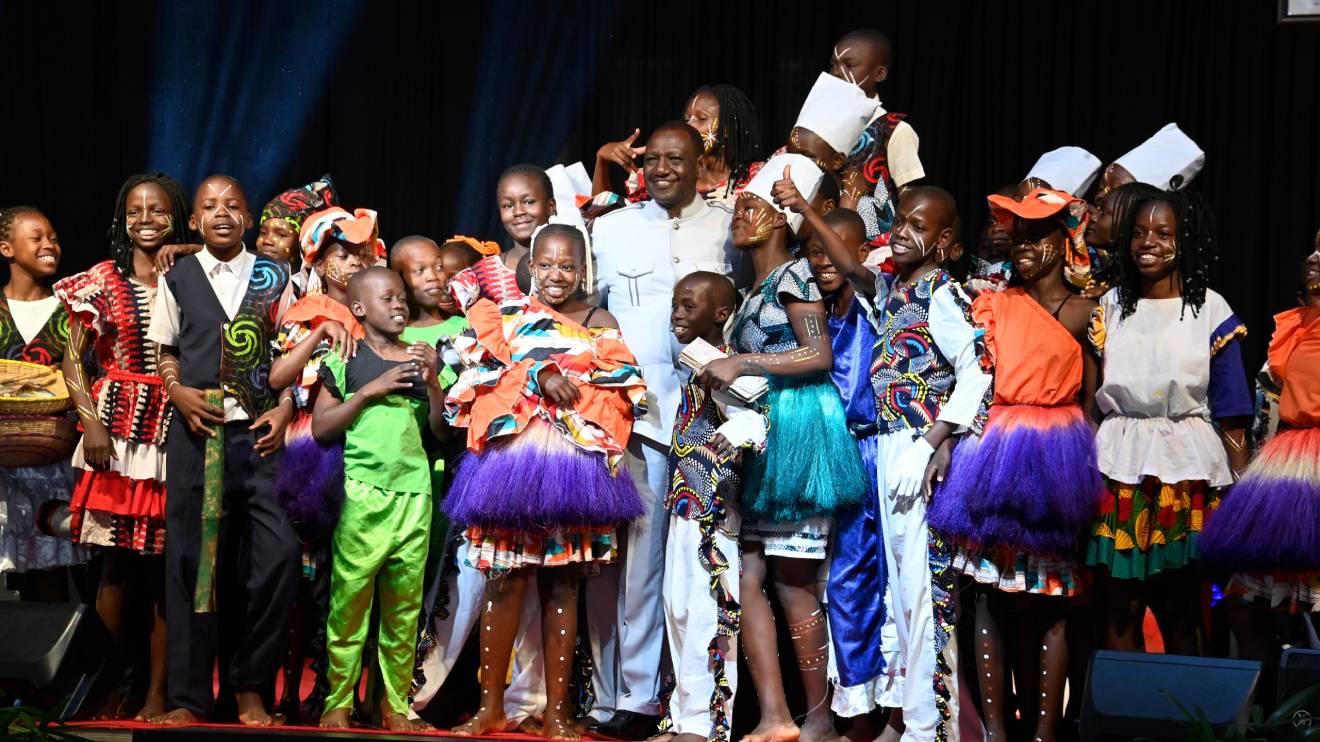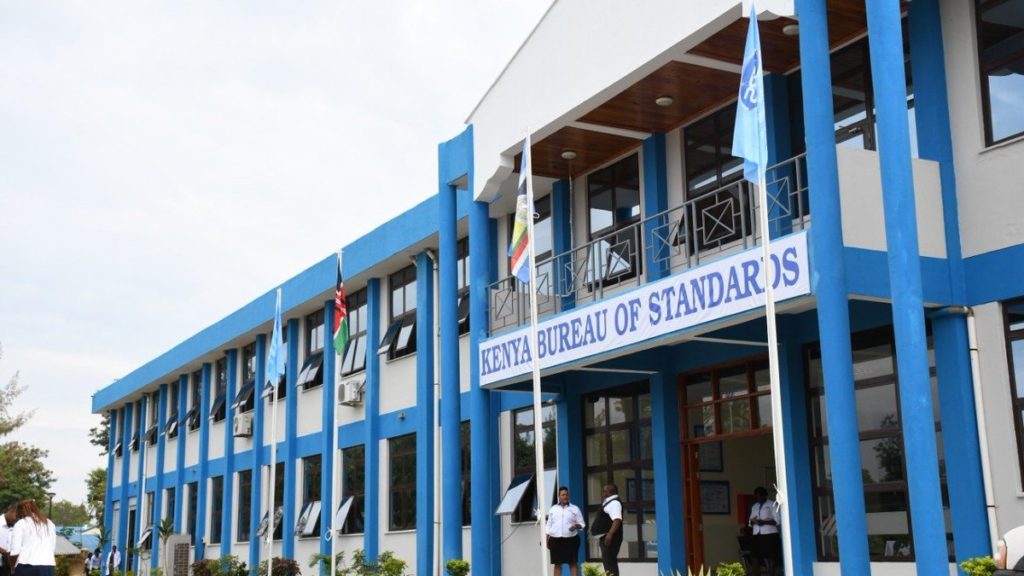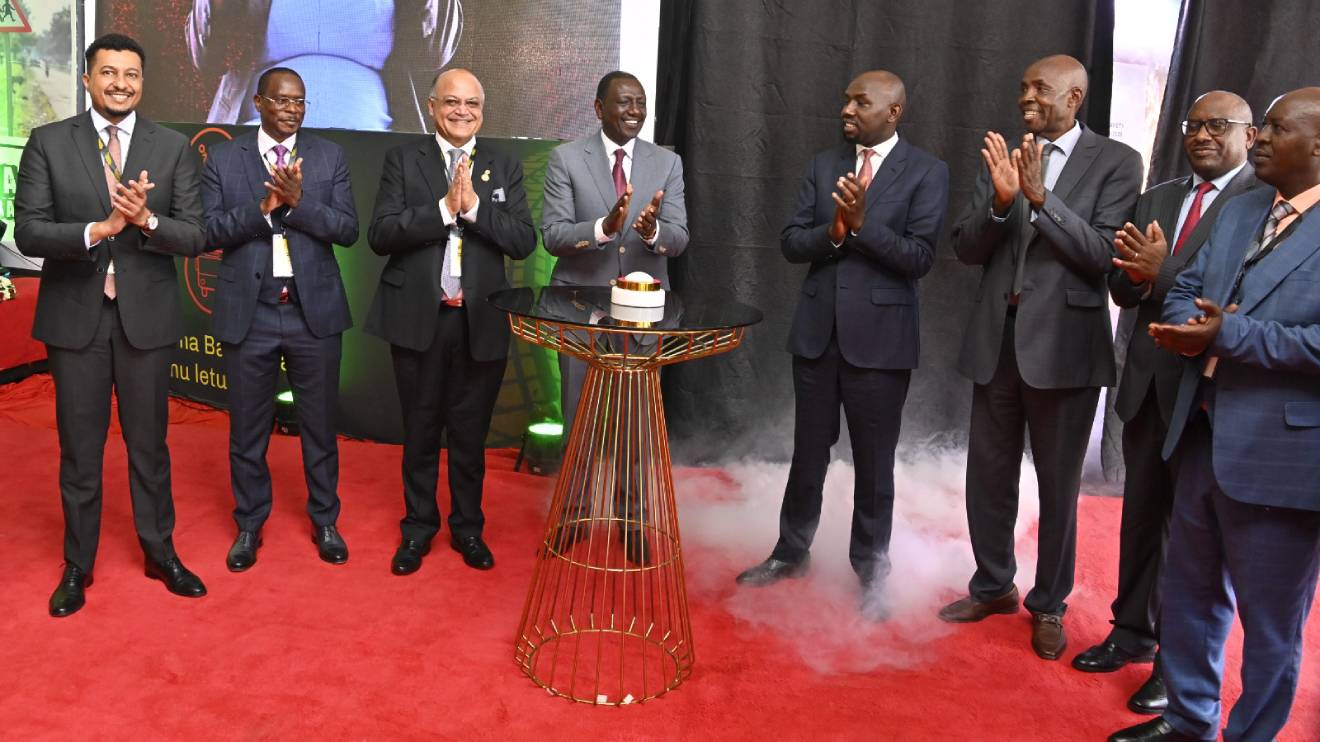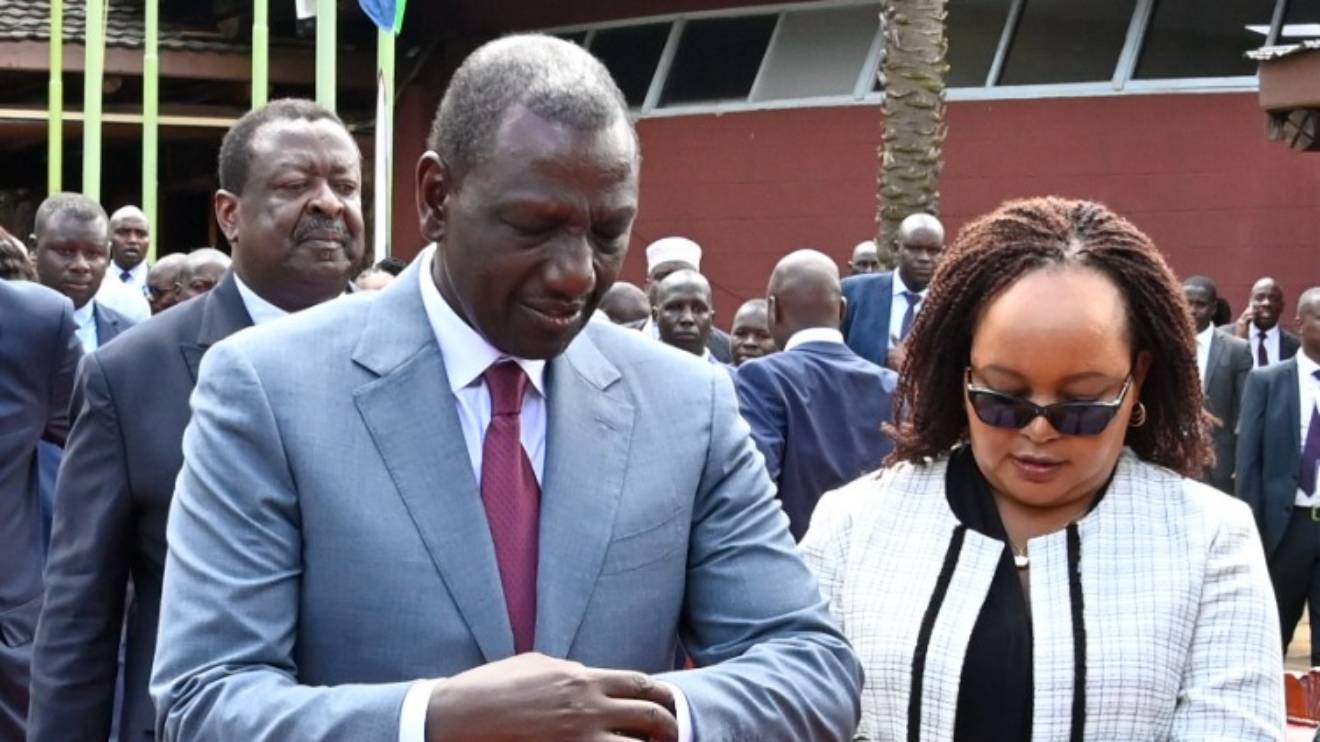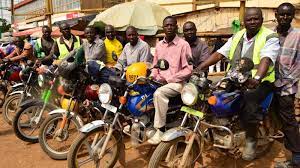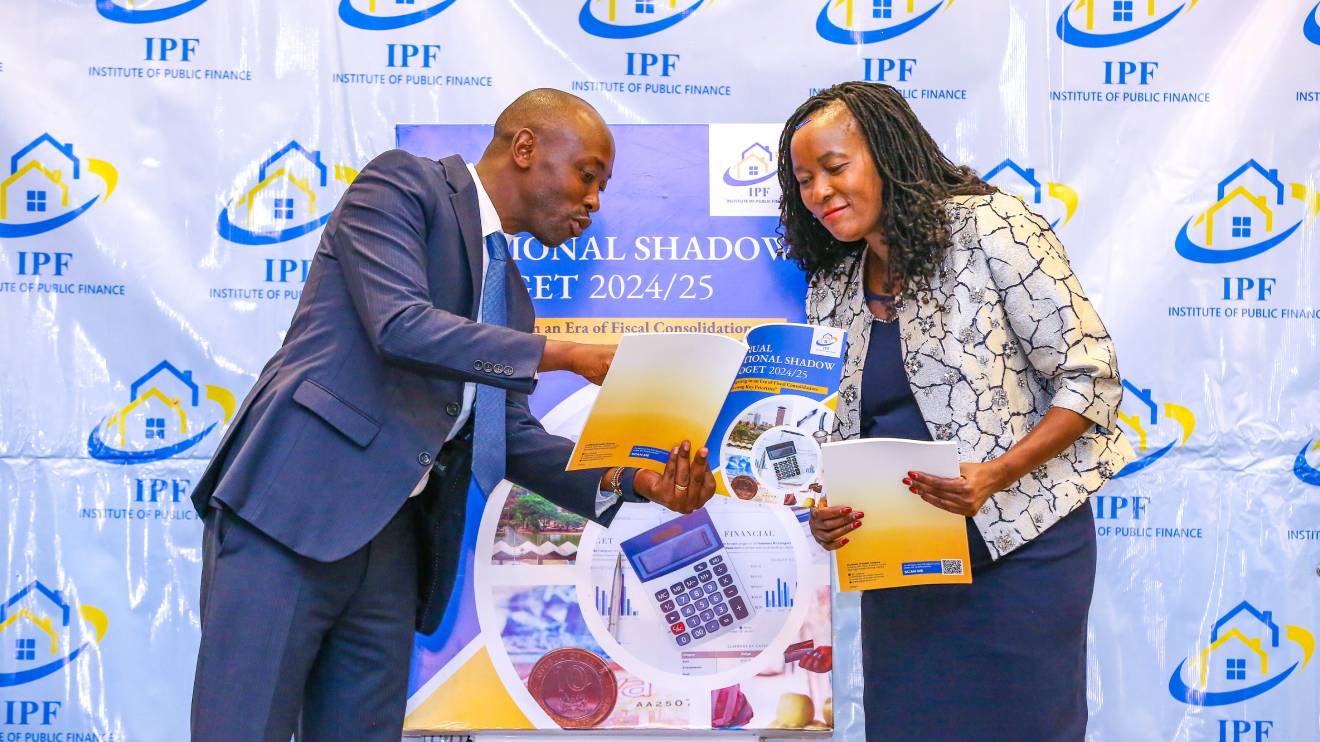Kenya will start manufacturing her own Covid-19 vaccines locally by April 2022, according to Health Cabinet Secretary Mutahi Kagwe.
Kagwe was speaking during the inauguration of the new Kenya Biovax Institute Board at Kikaloh Grand Resort in Machakos County.
The move to manufacture the vaccines locally aims at cushioning Kenyan citizens from potential supply hitches in the future.
Mutahi said setting up of the vaccine production plant will address the vulnerability of the Country to future health shortages as it was witnessed during the Covid-19 pandemic.
He said that the country is currently importing seventy per cent of the country’s medical products including biologicals and vaccines which translate to unstable supply occasioned by logistical hitches.
Read More
“We currently import over 70 per cent of the country’s medical products, including vaccines and Biologicals. This sometimes means that we are unable to access essential supplies due to logistical issues since importation consumes a huge chunk of our health budget,” Kagwe said.
According to Kagwe, the local production of human vaccines will support public health programs and promote National and regional economic growth while enhancing disease outbreak control capacity in the future.
“The local production of human vaccines will support public healthcare programs, National and regional economic growth and enhance capacity to control disease outbreaks that may arise in the future,” Kagwe said.
The CS said it will be Kenya’s first time to manufacture human vaccines. He also said Kenya will no longer import vaccines because it has the capacity and scientists capable of manufacturing their own vaccines.
“It is critical that in future, we do not rely on importation of vaccines but rely on our own capacity and scientists whom we have in plenty as a result of putting education first in Kenya,” said Kagwe.
Mutahi said the venture will begin with a form and fill capacity at the production plant at the Kenya Medical Supplies Authority (KEMSA) headquarters in Embakasi.
This will help third parties put vaccines from main suppliers into vials before packaging for distribution.
He acknowledged that the basic legal and industrial requirements for local gill and finish manufacturing of vaccines have been achieved.
The CS also said the Kenya Medical Research Institute (KEMRI) supported the process of developing a wholly local vaccine production process and will remain a partner in capacity building.
Kagwe revealed he has already initiated negotiations with various countries and vaccine manufacturing companies to actualise the plan that will occasion the establishment of a fully-fledged bulk antigen production facility capable of producing various types of vaccines.

